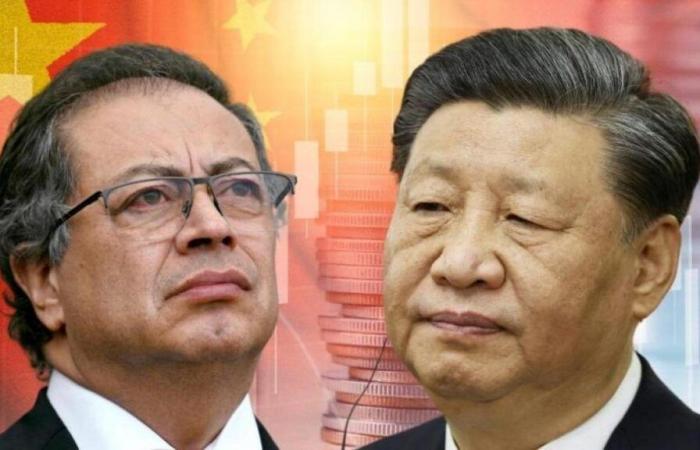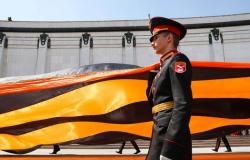Gustavo Petro’s government’s intention to adhere to the initiative of the Strip and the Route, also known as The new Silk route promoted by China, was not well received by Colombian businessmen.
Both industrialists and exporters are concerned about the implications that Colombia’s union could have to the central piece of the foreign policy of the Xi Jinping government.
El President Chino, Xi Jinping. Photo:EFE
This initiative, launched in 2013, aims to link China with Europe, Middle East, Africa and Latin America, and for this Chinese funds have put their resources on large infrastructure projects worldwide.
As highlighted by the world Economic Forum, projects include from the construction or improvement of roads, to ports, railways, pipelines and other trade -related infrastructures.
To date, more than twenty countries in the region have joined this project as is the case of Ecuador, Chile or Argentina, and Colombia would be evaluating its entrance.
According to the latest official figures, China’s direct investment abroad increased 6.2 percent year -on -year and totaled 40.9 billion dollars in the first quarter of 2025.
Port of Cartagena. Photo:Port of Cartagena
Entrepreneurs’ concerns
Entrepreneurs ask the Government to inform them what would imply entering the initiative in commercial terms, since the current figures already demonstrate an imbalance. In 2024, Colombia exported only 2,377 million dollars to China, while imported 15,936 million dollarswhich generates a negative trade balance exceeding 13.5 billion dollars.
The president of the national Association of Foreign Trade (Analdex), Javier Díaz, said that this situation could affect the export relationship of Colombia, as well as the commercial defense mechanisms.
-“His exports are interested in China, but it is not clear what we earn with this initiative. The Asian country basically buys raw materials, oil, coal, ferronic, we would have to review what they offer us to buy. For example, the coffee pays tariff and we do not know what the treatment will be,” he said.
In addition to this, he stressed that The admissibility of Colombian agricultural products has been very complicated in this countrytherefore, this would be a point to review before making such a decision. “China is not a market economy. What would happen then with our commercial defense instruments? Diaz wonders.
Also the president of the Andi, Bruce Mac Master, said that it is necessary to know in detail how this adherence to the relationship with our different commercial allies could affect and see if our main partner would become China. “I hope these aspects have when discussing or considering the issue,” he said.
Colombian flowers are exported to different countries in the world. Photo:Mauricio Moreno
María Claudia Lacouture, president of the Colombian American Chamber (Amcham Colombia), said that every decision should be oriented to Correct asymmetries, protect our productive sectors and ensure that bilateral relations, Whether they are with, respond to the strategic interests of Colombia.
“The opening without reciprocity demands has generated an unbalanced effect: more imports than exports, strengthening the productive capacity of countries such as China, while ours weakens. Commercial policy cannot be naive; it must be at the service of employment, industry and national well -being,” he said.
Would you hurt trade with the United States?
Upon knowing the possible accession, Mauricio Claver-Carone, special envoy of the US State Department for Latin America, said that this approach could have implications for Colombian trade. “President Gustavo Petro’s trip to China is an opportunity for Ecuador’s roses and Central American coffee,” he said.
Mauricio Claver criticized President Petro’s trip to China Photo:Archive time
Today, exports to The United States represents 30 percent of the totals And the products that Colombia sells the most to the American giant are oil, flowers, coffee, aluminum and fruits, among others.
Therefore, different people have already put on the danger table what it would have. “Entering the silk route without calculating the damage of relations with the United States is a mistake, in addition to borrowing the country more and depending geopolitically in a certain way in China,” said former Minister Mauricio Lizcano.






